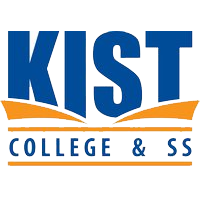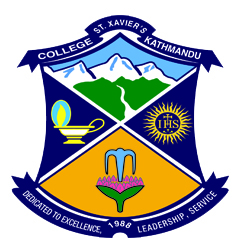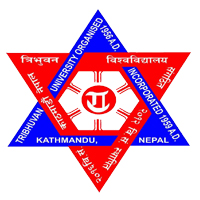Overview
MSc in Geographical Information Science and Systems at Kathmandu Forestry College (KAFCOL), Kathmandu, Nepal (Affiliated with TU): Harnessing the Power of Spatial Data
Course Overview:
The MSc in Geographical Information Science and Systems (GI Science) program at Kathmandu Forestry College (KAFCOL), located in Koteshwor, Kathmandu, Nepal, is affiliated with Salzburg University of Applied Sciences, Austria. This program focuses on the application of geospatial technologies and analysis for effective decision-making and management of natural resources and the environment.
Course Outlines:
The MSc program in Geographical Information Science and Systems covers a wide range of topics, including:
- Introduction to GIS and Remote Sensing
- Spatial Database Management
- Geospatial Data Acquisition and Analysis
- Web Mapping and Visualization
- Spatial Modeling and Analysis
- Geostatistics and Spatial Interpolation
- Land Use and Land Cover Mapping
- Spatial Decision Support Systems
- Geoinformatics for Natural Resource Management
- Advanced Topics in GI Science and Systems
Duration:
The MSc program in Geographical Information Science and Systems typically spans over two years, consisting of four semesters.
Objectives:
The objectives of the MSc program in Geographical Information Science and Systems are:
- To provide a strong theoretical foundation and practical skills in the field of geospatial technologies and analysis.
- To develop expertise in geospatial data acquisition, management, analysis, and visualization.
- To enable students to apply GIS and remote sensing techniques to address complex spatial problems in natural resource management, environmental planning, and sustainable development.
- To foster critical thinking, problem-solving, and decision-making abilities in the context of geospatial analysis and systems.
Eligibility:
To be eligible for the MSc program in Geographical Information Science and Systems, candidates must have completed a Bachelor's degree (BSc or equivalent) in a relevant field from a recognized institution.
Fee Structures:
For detailed information about the fee structure, interested individuals are advised to contact the administration office of Kathmandu Forestry College (KAFCOL).
Learning Outcomes:
Upon successful completion of the MSc program in Geographical Information Science and Systems, students will:
- Gain a comprehensive understanding of the principles, theories, and applications of GIS and remote sensing.
- Acquire advanced skills in geospatial data acquisition, management, analysis, and visualization using industry-standard software and tools.
- Develop the ability to integrate geospatial analysis with other disciplines for effective decision-making and problem-solving.
- Apply geospatial technologies to address real-world challenges in natural resource management, environmental planning, and sustainable development.
- Demonstrate effective communication and presentation skills for conveying geospatial information and analysis.
Scope and Career Prospects:
The MSc program in Geographical Information Science and Systems opens up diverse career opportunities in various sectors, including:
- Government agencies and departments involved in spatial planning, resource management, and disaster management.
- Environmental consulting firms and research institutions.
- Non-governmental organizations (NGOs) working on environmental conservation and sustainable development projects.
- Private companies and industries utilizing GIS and remote sensing technologies.
- Academic and research positions in universities and educational institutions.
Career Options:
Graduates of the MSc program in Geographical Information Science and Systems can pursue career options such as:
- GIS Analyst
- Remote Sensing Specialist
- Spatial Data Manager
- Geospatial Application Developer
- Environmental Planner
- Natural Resource Manager
- Cartographer
- Geospatial Consultant
Why Choose this Course:
- The MSc program in Geographical Information Science and Systems provides specialized knowledge and skills in a rapidly growing field with increasing demand for professionals.
- Students have access to state-of-the-art geospatial technology and software, enabling hands-on learning and practical experience.
- The program offers collaboration opportunities with international institutions, allowing students to gain a global perspective on geospatial science.
- The course curriculum is designed to bridge the gap between theory and practice, preparing students for real-world challenges.
- The program nurtures critical thinking, problem-solving, and analytical skills essential for effective spatial analysis and decision-making.
Scholarship:
KAFCOL provides scholarship opportunities for deserving students pursuing the MSc program in Geographical Information Science and Systems. Additionally, students may also explore external scholarship options available at the national and international level to support their studies.
Overall, the MSc in Geographical Information Science and Systems at KAFCOL offers a comprehensive curriculum, practical skills, and a global perspective in the field of GIS and remote sensing. By choosing this course, students can acquire advanced knowledge and expertise in geospatial technologies, positioning themselves for rewarding careers in natural resource management, environmental planning, and related fields.
Contact Kathmandu Forestry College's administrative office for detailed information on the M.Sc. in Geographical Information Science and Systems course, including fees, scholarships, facilities, counseling, eligibility criteria, etc.


















